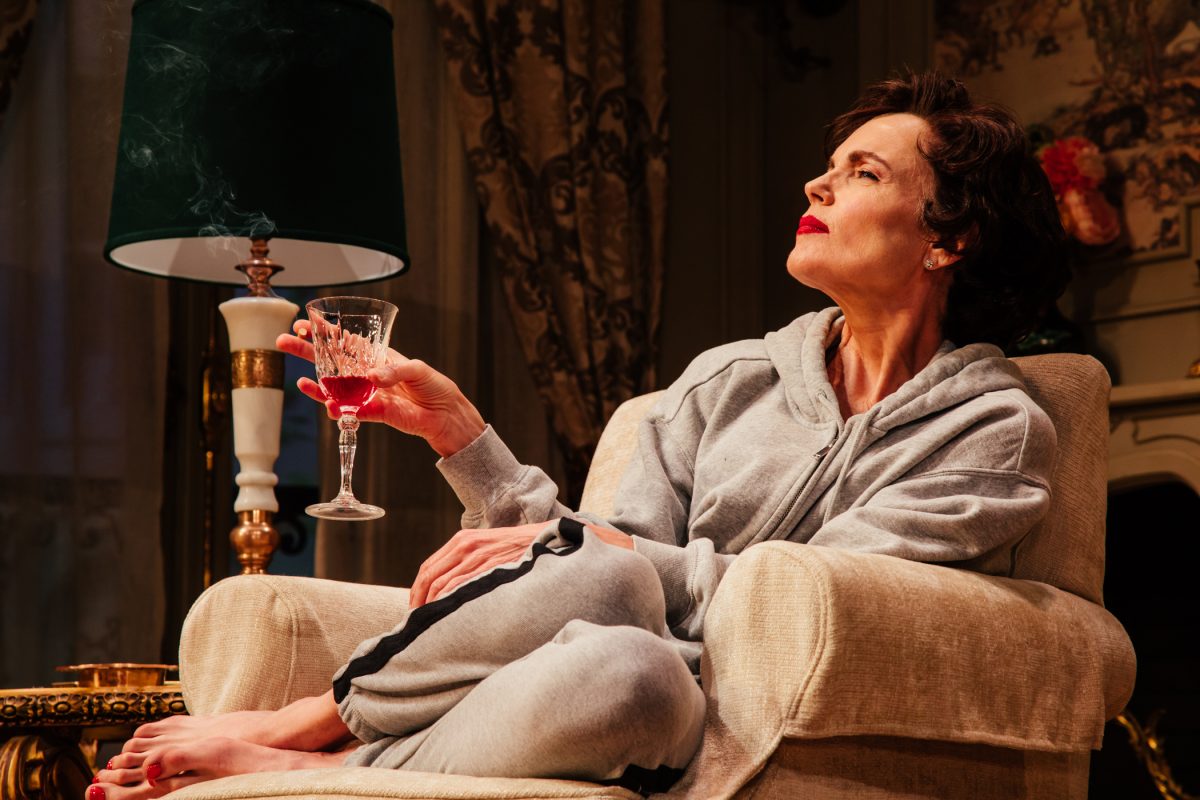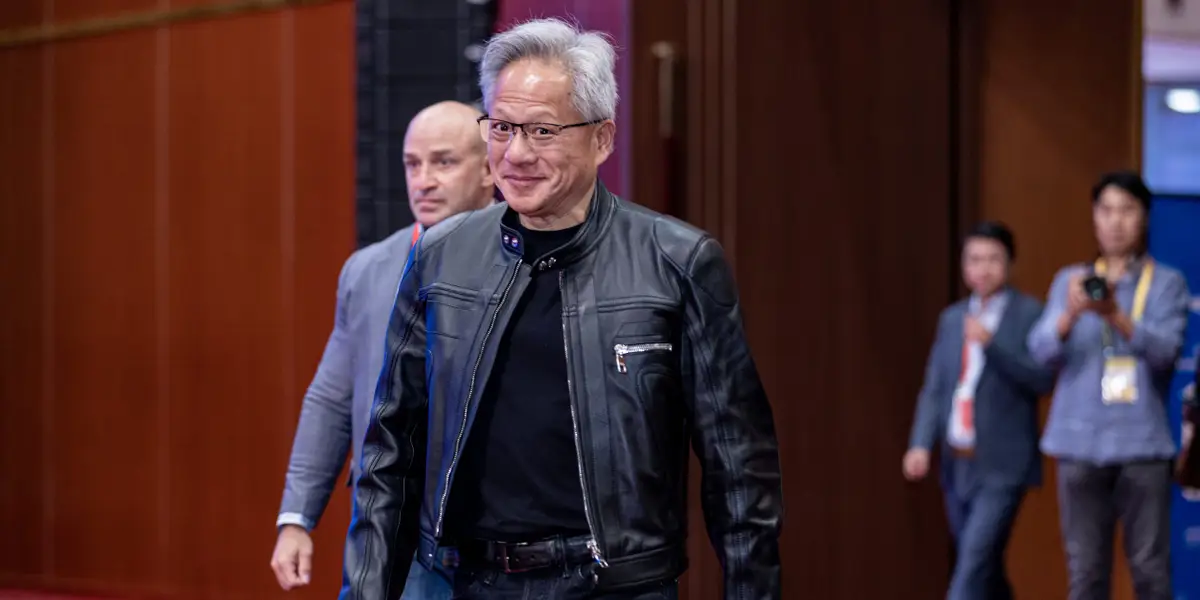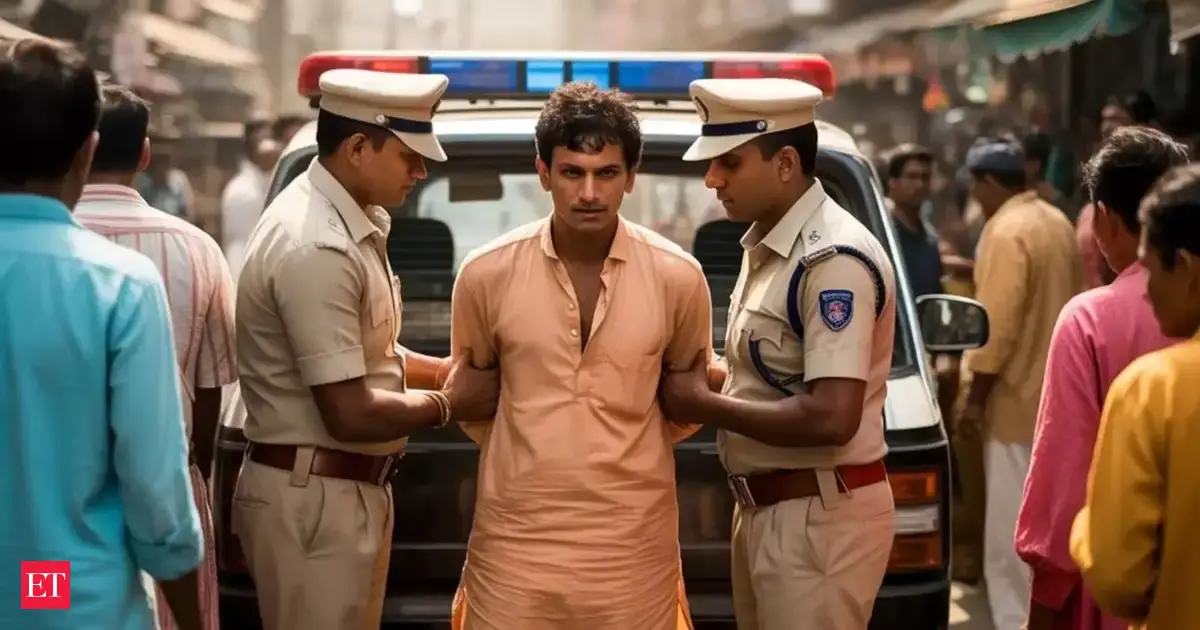By Kerry Reid
Copyright chicagoreader

Unlike solo biographical shows, where the audience is the implied interlocutor/confessor for the life events as they unfold as either reminiscence or flashback, Elizabeth McGovern’s Ava: The Secret Conversations brings the interrogator into the process by having Ava Gardner’s would-be biographer, Peter Evans (Aaron Costa Ganis), right alongside McGovern’s Hollywood star. He coaxes her and sometimes fights with her as she tries to balance her own impulse for speaking her mind against the awareness that the men in her life (most importantly Frank Sinatra) still have a hold on her.
Ava: The Secret ConversationsThrough 10/12: Tue and Thu–Fri 7 PM, Wed and Sat 2 and 7 PM, Sun 2 PM; no show Thu 10/2; Studebaker Theater, 410 S. Michigan, 312-753-3210, ext. 102, www.fineartsbuilding.com, $40-$170 (students $30)
It’s a partially successful device. McGovern, who adapted her play from Evans’s 2013 book of the same title (published after both author and subject were dead), digs into the North Carolina–born Gardner’s mix of southern charm and the caginess that comes from a lifetime of being kept in the sex-symbol cage. In flashbacks, Ganis plays her husbands: Mickey Rooney, whose sexual libertinism is greatly at odds with his Andy Hardy onscreen persona; bandleader Artie Shaw, the Hegel-reading intellectual who wants a hausfrau, not a starlet; and Sinatra, the one person whose celebrity—and ability to cut through the bullshit with a cutting observation—matches Gardner’s own.
Evans himself comes across as a cipher, oily and overeager, even though he sees himself as a novelist more than a celebrity ghostwriter. (He’s urged on by the offstage voice of his agent, who tells him that what the public really wants are juicy details about Sinatra, including the size of his junk.) The structure of McGovern’s play means we learn more about Ava’s men than her career, though she argues forcefully that 1946’s The Killers (based on the Ernest Hemingway story) is her greatest achievement. There’s also a funny but painful recounting of the process of Lena Horne dubbing Gardner’s songs in the 1951 musical Show Boat. “They took my voice,” she tells Evans.
McGovern’s script deserves praise for at least trying to restore agency to a woman whose offscreen voice was too often drowned out by the Hollywood PR machine and gossip columnists. Alex Basco Koch’s projections of archival photos, clips of Gardner films, and headlines (especially the recriminatory ones when Sinatra left his wife for Gardner) at times fill the walls of David Meyer’s set, suggesting that though she moved to the London flat we see here in order to escape the tabloids, she could never escape her image.
Directed by Moritz von Stuelpnagel, the show works beautifully as a showcase for McGovern (I left with a list of roles in my head I’d love to see her do onstage). The costumes by Toni-Leslie James and wigs by Matthew Armentrout capture Gardner’s silver-screen glamour, even as we’re aware that the actress we meet through Evans in 1988 is already on a downward slide. Though we don’t learn a lot about what drove Gardner’s choices, either onscreen or off, we do get a strong sense of a woman who entered the business as a naive teenager and eventually figured out what the game was, even if she was unable to escape its rules entirely. “I think you want to call the plays, and I won’t have it,” Gardner tells Evans at one point. Gardner might not have been able to get out of the game, but at least in McGovern she’s found a suitable advocate for reexamining her place in Hollywood history.



